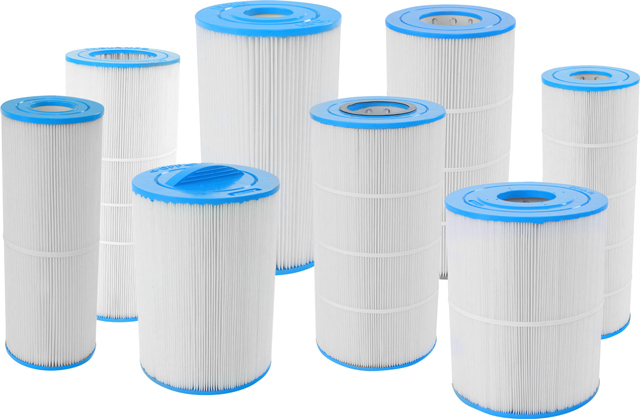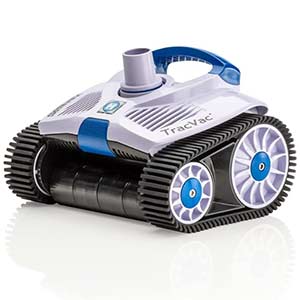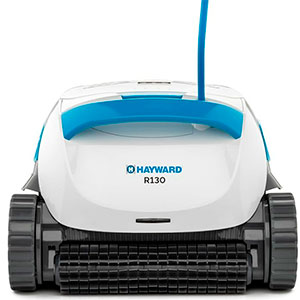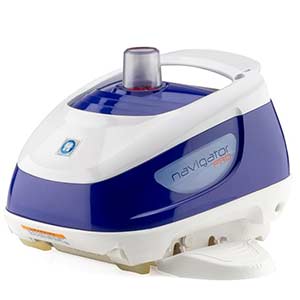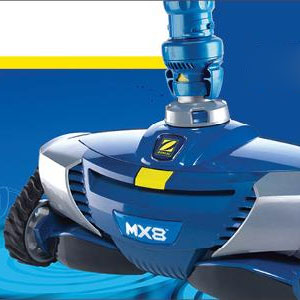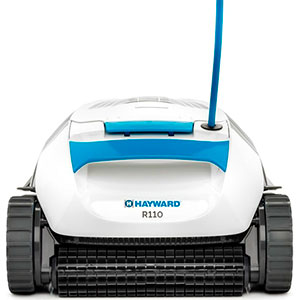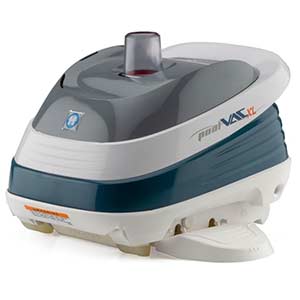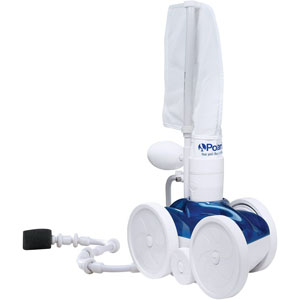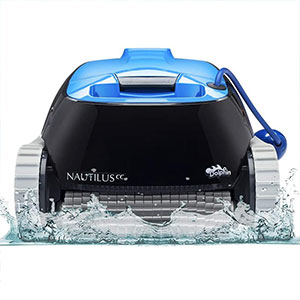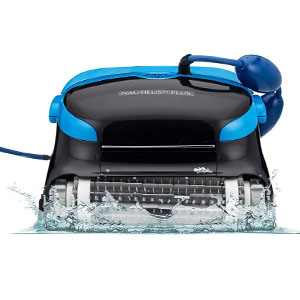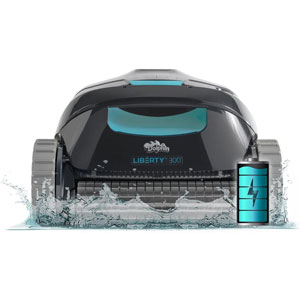Filters for swimming pools – overview the best equipment
Swimming is a great leisure and recreational activity. Imagine if pools never existed. You would not have pool parties nor enjoy grilling some barbecue with friends and family. That aside, it is important you understand something about how pools operate. They have several parts but here we are looking at the types of pool filters.
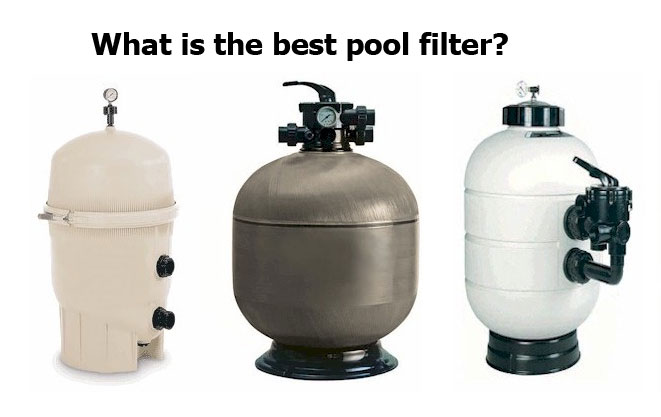
Sand Pool filter
With this type, water filtration process uses sand to get the job done. Basic science proves that sand is a great method of filtering water. The sand traps any dirt and other unrequired particles ensuring only clean water gets to the pool. Things like leaves, small stones, and even grass will accumulate in the filter after a while. That is why it is advisable that you have your pool professional change the sand whenever necessary. Sand filters are easy to install. Besides, using them is no big deal.
How does it work?
Water passes through the sand filter where the clean water goes to the bottom while the dirty one is at the top together with the unwanted materials. The water at the bottom is released into the pool while the dirt is left out. The filter is cleaned through a process called backwashing. After that, the expert uses the rinse mode to repack sand into the filter and the process continues.
Cartridge Pool filter
This uses a cartridge to keep pool water clean instead of sand. It works much better than a sand filter. Besides, it covers more area for faster filtration and does not clog with particles that faster as sand systems.
Cartridge filters do not involve backwashing. All you need to do is remove it, clean and have it back or replace it if worn out. This means it lasts longer than sand. With all these good things, you should know that cartridge filters are costlier compared to sand filters but they are worth the money.
Diatomaceous Earth
This one does a better job than sand in sieving water. It is because it is finer thus traps the smallest dirt particles. With the sand filter, some dirt may manage to pass through it and get to the water. If you are having a hard time deciding between sand and diatomaceous earth, you now know which is which.
This filter needs backwashing though, just like the sand filter. This means the dirty diatomaceous earth needs to be released and fresh one added to the tank. The earth feels like a powder, really fine. That is why it traps particles that you may not even see with bare eyes.
Before buying any of the filters, there are factors to keep in mind. For example, think about size. Diatomaceous earth filters are bigger than sand and cartridge; therefore, good for bigger pools and which have more flow. Besides, look at durability and affordability of the filter you are considering. Go for something within your budget but which will also work well for you. The frequency of maintenance is a thing too. With sand, it is more often than cartridge filters. To evade more maintenance costs you may consider cartridge instead of sand filter for your home swimming pool.
Factors to Consider When Buying a Pool Filter
The first thing to look at is affordability. There is no need of buying a filter that will strain you financially. Instead, use one your pocket can afford, and then save up to buy the costlier one.
The size of your pool is also a crucial factor. If it is a home pool, then a sand filter will do the work. However, if you maybe own a hotel and the pools are bigger and harbor people all the time then you need to use diatomaceous earth filters. They are more efficient and better than sand filters.
Check also your availability to maintain the pool. If you cannot get someone to clean it that often then use cartridge filters instead of sand. Sand filters need to be repacked more often than a cartridge.
With these factors in mind, you are at a better position to make more informed purchase decisions. You will save time and money, and find a filter suitable for your pool or pools.
Each type of filter does what it does to the best of its ability. Each is efficient depending on where it is being used. Therefore, simply look at your pool’s structure and needs then decide what filter will serve it best.



